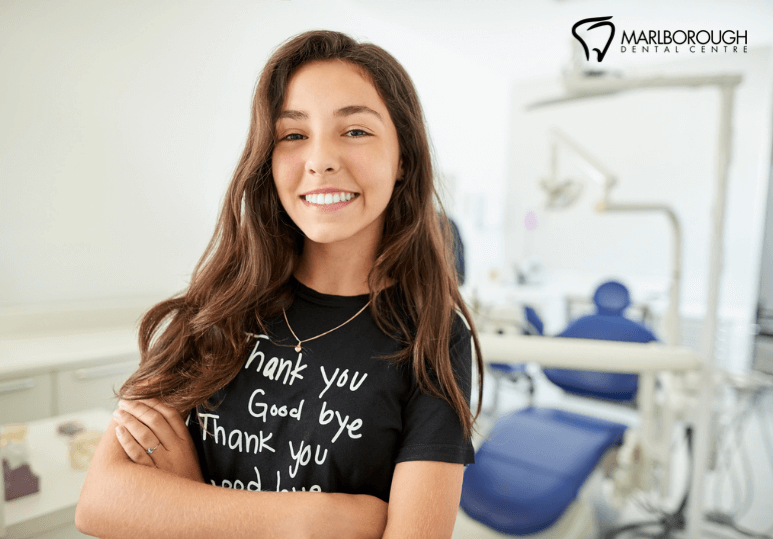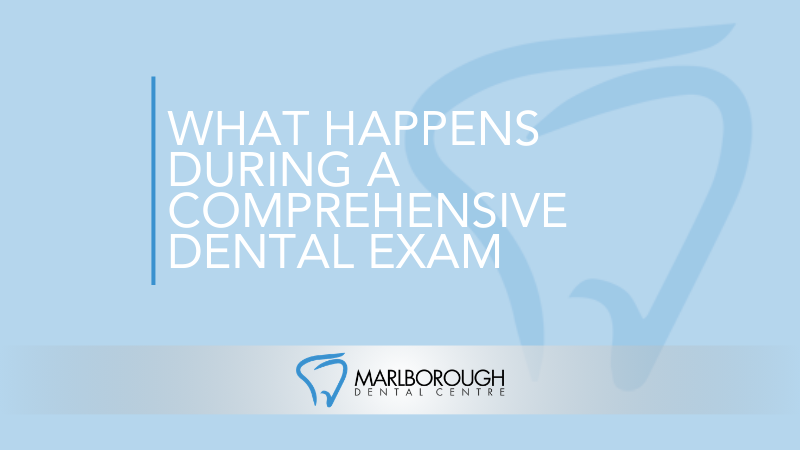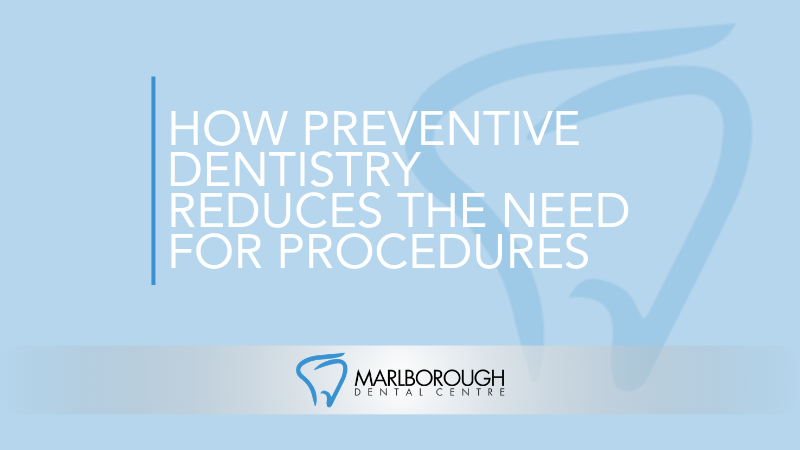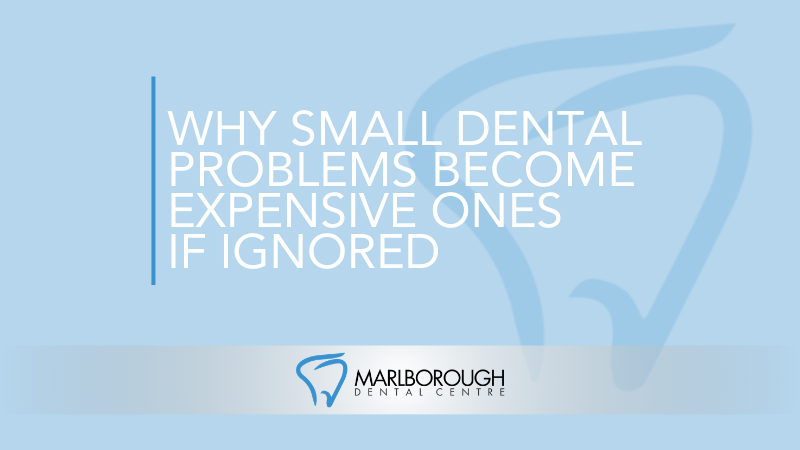Stages Of The Teeth
Remember that all people are different and the ages here are averages. Your child may be ahead or behind the ages mentioned here which is perfectly normal, but you should consult with your dentist about what stage they are at and where their oral development should be.
Under 12: Many children will still have some baby teeth at this age and bleaching is not recommended for children under 12.
Ages 12 to 13: Around this time, your child will have lost all of their baby teeth and their adult teeth will have grown in. Even though these permanent teeth are in place, they are not completely developed and need time for the enamel to mature and the tooth to fully strengthen. Because the teeth are not yet mature, bleaching is not recommended at this age since it can damage the developing enamel.
Ages 14 to 15: Even though the enamel should be hardened at this point, the centre of the tooth with nerves and tissue within it (called the pulp) is still highly susceptible to damage. Whitening is still not recommended at this age.
Age 16: This is the minimum age recommended for bleaching, but bleaching should not be frequent and treatment should use the lowest concentrated bleaching agent.
Age 18: While technically age 16 is the minimum age for teeth whitening, for the safety and health of your teeth some dental offices may not offer this dental service until a person reaches 18 years old. While this will depend on the dental practice and the development of the teeth, it is a factor to consider.
Other Factors That May Delay Bleaching
- Gum Disease. If your child has any sort of gum disease, bleaching is not recommended, as this may irritate the gums.
- Braces. Bleaching should also be delayed if your child has braces and children with braces are recommended to not use whitening toothpaste while wearing braces so that the areas with the brackets are not a different colour when brackets are removed.
- Tooth Sensitivity. If your child has very sensitive teeth, whitening may cause pain and irritation and is not recommended.
- Allergies. Most teeth whitening uses peroxide, so if your child is allergic they should not receive this treatment.
Calgary Teeth Whitening For Teens
If your child is 16 or older and wants to brighten their smile with teeth whitening, visit Marlborough Dental Centre in NE Calgary. Our Calgary dentist can perform an examination on your child’s teeth to ensure they are developed enough for whitening and can then explain the whitening process to you. In-office teeth whitening is the finest, safest, and most reliable type of teeth whitening, as it guarantees an even white tone that lasts longer than any at-home whitening product. And it’s much faster too! At our Calgary dental clinic, we use the advanced Britesmile Teeth Whitening System for a minimally-invasive teeth whitening treatment that significantly improves the appearance of dulled teeth in a single office visit. To discuss teeth whitening options for your child or to schedule a teeth whitening appointment, call Marlborough Dental Centre at 1-403-248-2066 or fill out the contact form.
FAQ
Q: Is teeth whitening bad for teeth?
A: Once teeth are fully developed and matured, getting your teeth professionally whitened does not damage the enamel and is safe for teeth.
Q: What foods and drinks cause teeth staining?
A: There are many different foods and drinks that can cause the discoloration of teeth. Here are some of the most common culprits.
- Coffee & tea
- Soft drinks
- Fruit juices
- Tomato-based sauces
- Soy Sauce
- Curry
- Berries
Q: Are teeth sensitive after a teeth whitening treatment?
A: There may be tooth sensitivity for the first 48 hours after treatment.




